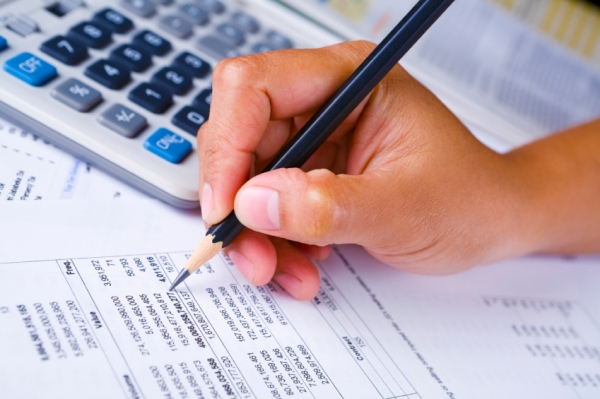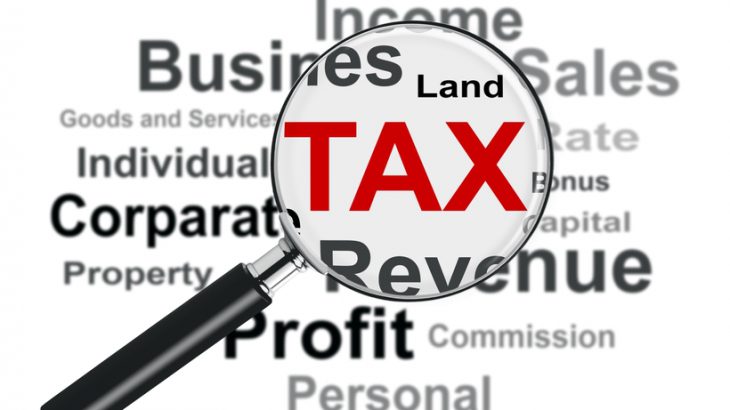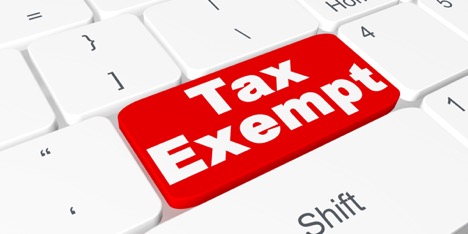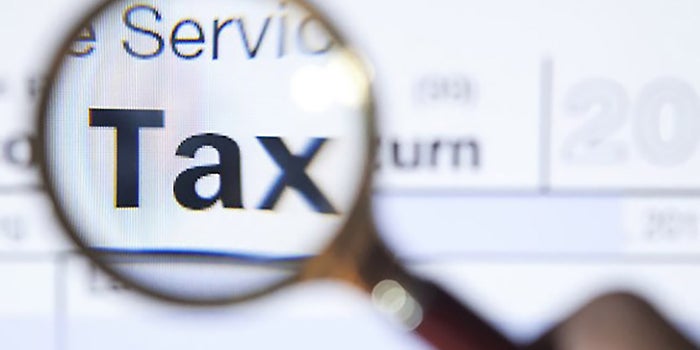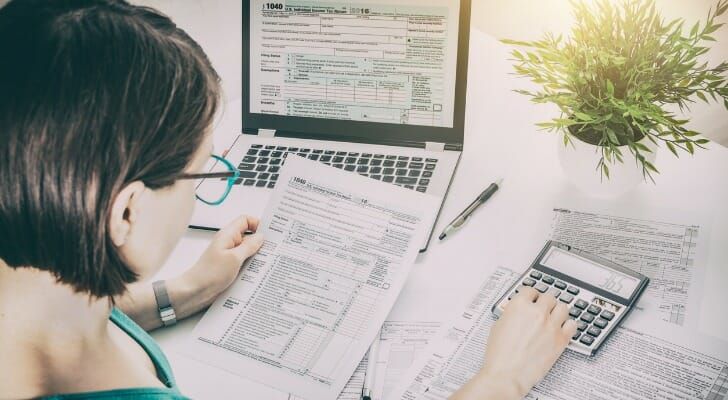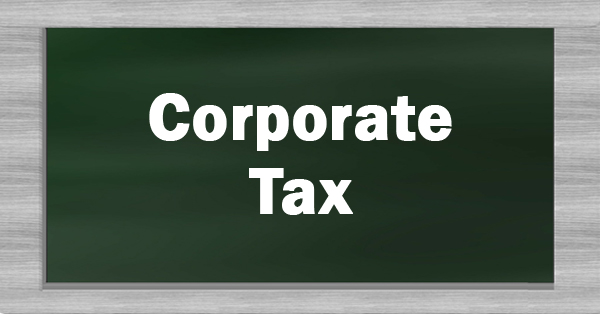
$85 Million in Jobs Support Scheme and Jobs Growth Incentive Payouts for March 2021 Withheld from 2,600 Employers 从2600名雇主那里扣发了8500万新元的就业支持计划和2021年3月的就业增长激励奖金 31 May 2021 2021年5月31日 The Inland Revenue Authority of Singapore (IRAS) takes a serious view of employers who attempt to abuse the Jobs Support Scheme (JSS) and Jobs Growth Incentive (JGI). For the March 2021 JSS […]
